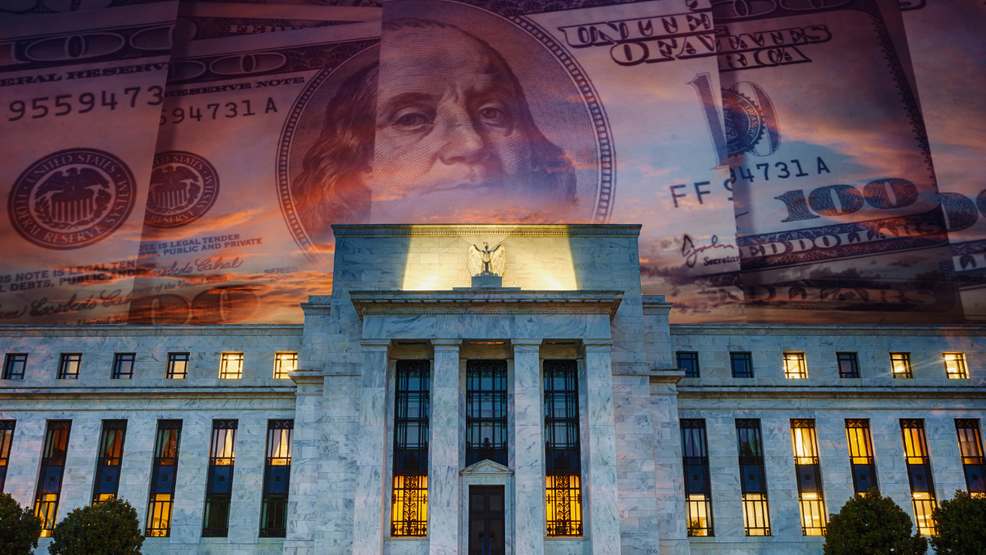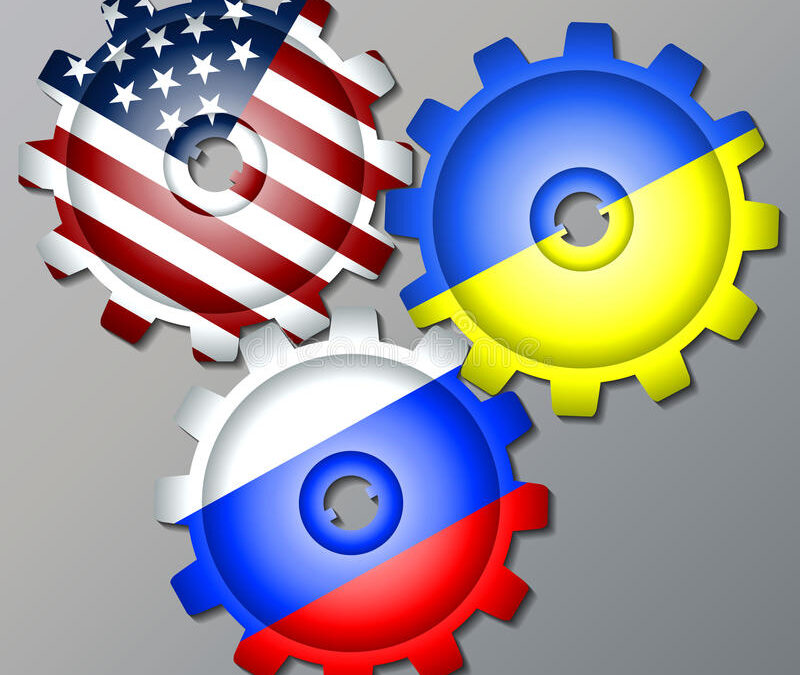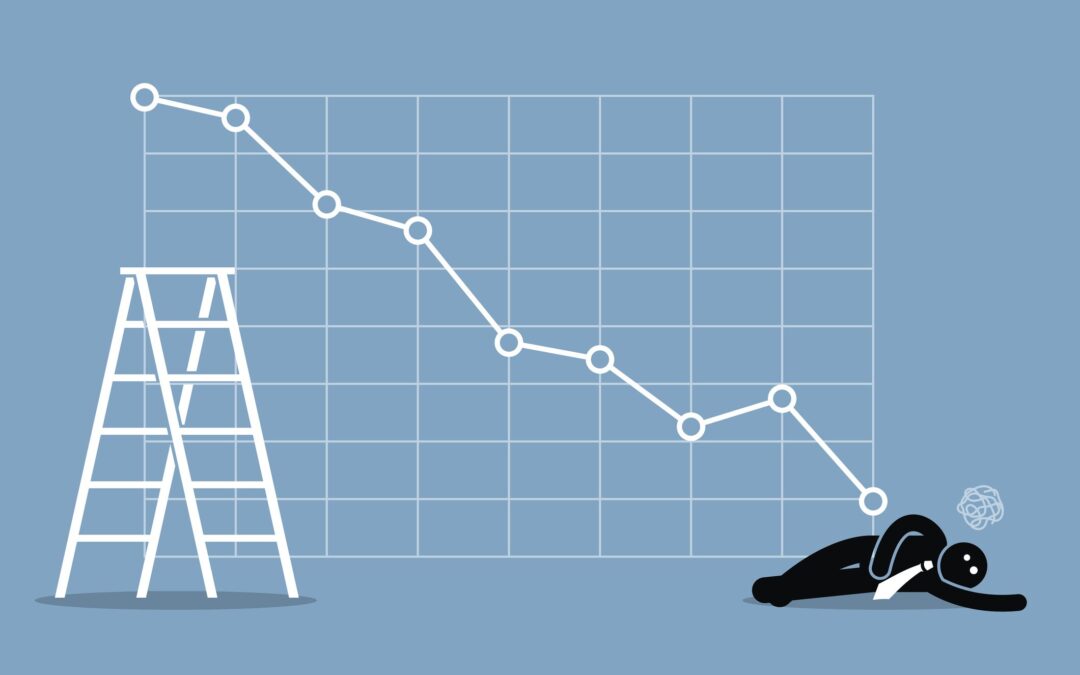
by Nicholas Mitsakos | Artificial Intelligence, Economy, Green Energy, Public Policy, Technology, uncertainty, Writing and Podcasts
The rewards for innovative success have become enormous and unpalatable, especially among the five technological giants (Amazon, Apple, Facebook, Google, and Microsoft) forcing these firms to spend absurd amounts of money on lobbying in Washington DC. It’s an expensive and wasteful distraction, but essential in this brave new world. If nothing else, it clogs innovation. It is to our detriment – and the world is literally burning while politicians fiddle – and even more disastrously – impede innovative activity. Applying friction to free thinking and new ideas never ends well.

by Nicholas Mitsakos | Artificial Intelligence, Biotechnology, Financial Technology, Green Energy, Health Care, Investments, Public Policy, Technology, Transformative businesses, Writing and Podcasts
Remarkable things can happen. Or not. Can we solve climate change, food shortage, limited healthcare, and other global stresses – all with TikTok videos? Innovation is unpredictable and astonishing – it can address the world’s most critical issues today, from hunger to efficient energy, to devastating diseases. It is also too often misguided, inefficient, and meaningless – creating nothing more than distractions and wastes of time cloaked in an image of technological wonder. Misguided and manipulative business plans sit alongside the groundbreaking disruptions that may address society’s most significant problems. We don’t have time. Even though there is no clear argument for resources going to a new video-sharing platform or immersive game, that is beside the point. Technology delivers something, nothing else can. It is the only way to find solutions to otherwise intractable and potentially devastating global crises. The freedom to pursue solutions is the essential first step. Letting the best people do their best is still the best policy. It will also generate the best outcome.

by Nicholas Mitsakos | Economy, Finance, Investment Principles, irrationality, Public Policy, uncertainty, Writing and Podcasts
Risk is higher. Markets are more unpredictable, and valuations more volatile. So, when anyone says “this time it’s different” it usually makes good sense to stop listening. However, these days the markets have given us more frequent and intense volatility. The NASDAQ is down almost 30% so far this year, and shocks from the pandemic, the Ukrainian war, massive central bank interest-rate maneuvers, and China’s zero-covid policy, are all ongoing inputs for turmoil that will continue for some time. Persistent uncertainty creates higher costs of capital and less affordability, weakening business investment, slowing GDP growth, and reducing investment returns. Hyperbolic “this time it’s different” statements are turning out to be true. This time days look darker, uncertainty greater, economic growth lower, vulnerability to additional shocks higher, and investors fear many more dark days to come. More frequent and intense volatility will not be calmed anytime soon. It really may be different this time.

by Nicholas Mitsakos | China, Investment Principles, Public Policy, Russia, The Market, Writing and Podcasts
While most of Europe and the United States suffer sweltering heat, darkening economic skies and bitter winter of discontent are looming. Threats to the world economy are chilling. Rising interest rates are slowing activity for discretionary spending while rising prices for nondiscretionary spending are also slowing economic activity. It would be miraculous if the compounding of both effects would not lead to a recession in both Europe and the US. China’s growth has stalled. The Ukraine conflict will ultimately resolve itself to the West’s dramatic disadvantage and the West seems to be willing to let it happen – much to each economy’s long-term disadvantage. Don’t count on anything miraculous.

by Nicholas Mitsakos | Economy, Investment Principles, Public Policy, Writing and Podcasts
Interest rates are increasing, and bills are coming due for banks, taxpayers, and bondholders. More worryingly, rising interest costs will squeeze government budgets more than realized. Toss this onto the pile of higher energy costs, rising defense spending, aging populations, slowing growth, and the need to address climate change. As short-term interest rates rise, profits from quantitative easing will disappear (it was over $1 trillion from 2010 to 2021, for the US government).
More broadly, a full accounting of interest rate sensitivity is terrible news for the central banks in Britain, Japan, Europe, and the United States. Higher interest rate costs will impact budgetary flexibility, central-bank profits will be limited or disappear, and costs will be substantial, whether born initially by governments, the banking system, or taxpayers. Eventually, taxpayers will pay.
Government budgets will continue to be squeezed and economic flexibility will be limited or lost. That’s right, I don’t hear any music either.

by Nicholas Mitsakos | commodities, Economy, Public Policy, Writing and Podcasts
The average prices of food and fuel rose more than 16% in February from a year earlier and are expected to rise further by the war in Ukraine. Consumers are paying much more for meat, bread, milk, shelter, gas, and utilities. Only a small amount of food consumed in the U.S. is imported, and most of that is from Mexico and Canada. But Russia provides 15% of the world’s fertilizer and other agricultural chemicals that are now in short supply as planting season approaches. Wheat futures are up 29% since Feb. 25 and corn is up 15%. There is no shortage of wheat in the U.S., but global supply was the tightest in 14 years before the conflict, and dramatic shortages and price spikes are expected. What data is the Fed looking at, and how is it assessing inflationary risks? It’s hard to feel confident that the right hands are on the wheel because the combination of extraordinary factors, such as extremely tight labor markets and wage inflation (at over 6% annually and accelerating) showed inflation was already a significant risk. Yet interest rates were left unaltered. This is even before the crisis in Ukraine. The Fed should do whatever is necessary with interest rates to bring down inflation, including movements of more than a quarter-point, and a rapid reduction of its balance sheet. It also means recognizing that unemployment is likely to rise over the next couple of years. Paul Volcker would not have had to take extraordinary steps, driving the economy into a recession to crush runaway inflation, if his predecessors had not lost their focus on inflation. To avoid stagflation and the associated loss of public confidence in our economy today, the Fed has to do more than merely adjust its policy dials — it will have to head in a dramatically different direction.

by Nicholas Mitsakos | China, Economy, Investment Principles, Investments, Public Policy, Writing and Podcasts
Collectively, the world is good at screaming about all sorts of immediate and looming crises, whether that is climate change, totalitarian governments abusing civilians and trampling on personal rights or outright genocide. A speech and a prayer suffice but we’re not going to do anything. Donation websites, lighting buildings in flag colors of abused nations, and sending hopes and prayers accomplish nothing. We send prayers. We just won’t answer them. The Ukraine war’s consequences are severalfold. Economically, global consequences may be slower and less spectacular than the dramatic Russian military invasion. But, the effects will permeate the global economy, and Russia will be the biggest long-term loser. While this does not comfort families suffering and dying in the streets of Ukrainian cities, it realigns global industries and economies, strengthens the West, and is likely to galvanize United States’ leadership in the global economy – setting up even more intense rivalry China. A big uncompromising response now is the most likely strategy to settle these dramatic issues – and if it leads to regime change in Russia, that helps everyone, especially the Russians. The US and the EU need to grow up and start acting like global leaders.

by Nicholas Mitsakos | Artificial Intelligence, Economy, Health Care, Public Policy, Technology, Writing and Podcasts
Observing is not learning. Acting is. But we’re not going to do that. A call for action is sufficient, as long as someone else does it. That much we’ve learned. What used to take several years now takes a fraction of that – including miraculous innovation and profound global disruption. “Five years in 18 months” caused an initial burst of productivity, clarity, and efficiency, but also a train wreck of supply chain disruption, virtual meetings, empty classrooms, and social isolation.

by Nicholas Mitsakos | Book Chapter, Economy, Public Policy, The Market, Writing and Podcasts
A National Investment Authority, an idea gaining traction among the administration, would be responsible for “devising, financing, and executing a long-term national strategy of economic development and reconstruction.”
This is not the job of a government; this is the role of the free market. The market does this quite well, and government does this quite poorly. An NIA is another way to bring misery and inefficiency.
Policy reflective of central planning, socialism, or industrial policy brings misery to all. This discredited philosophy that tortured so many in Eastern Europe and Soviet Russia seems to be getting more traction today bewilderingly. It leads to nothing more than bureaucratic idiocy, waste, and disregard for any consumer needs.

by Nicholas Mitsakos | Book Chapter, Currency, Economy, Public Policy, Writing and Podcasts
Central bank independence and fiscal responsibility matter, even though the Western world is acting as if these rules no longer apply. Well, perhaps. But the world has given us three examples where the consequences are extreme when these basic foundations of economic policy are ignored or violated. Ultimately, if markets lose confidence in a central bank’s independence and thoughtfulness (yes, thinking really matters), or a sovereign government’s fiscal responsibility (where thoughtfulness is never taken for granted), inflation expectations will undermine an economy and make recovery almost hopeless.

by Nicholas Mitsakos | Artificial Intelligence, Book Chapter, Digital Assets, Finance, Investments, Public Policy, Technology, Writing and Podcasts
Technology is facing a substantial crossroads as policy changes with global resonance, such as China’s new crackdown on the country’s big tech companies (such as Ant Financial and Didi Global), the rising resistance to social media behemoths like Facebook, and the need for governments, whether in the United States, Western Europe, or China, to manage and control technological development. Regardless of any good intentions, this will add friction, inefficiency, and underperformance to the most dynamic global industry. The best intentions usually bring disastrous consequences. China cannot escape the law of unintended consequences. Trying to “manage” innovation and creativity takes away the often unplanned and serendipitous breakthroughs that make many significant advancements possible in the first place. From an economic perspective, capital is not going to invest in an uncertain environment where prosperity is managed and, despite great risk where most ventures will fail, the truly successful ones which make up for the losses and encourage capital to keep investing, will be mitigated. The vanguard of capital flight from China is beginning, and it will not ease if this policy and attitude are not revised. This attempt at “fairness and more equal distribution” will do nothing more than keep capital away and stifle any attempt at creativity, technical innovation, and economic advancement. The intention of this policy will yield the opposite outcome as a consequence. The signal means substance. Substance means innovation, creativity, and competitive dynamics that create the most effective innovations, the best solutions, and the most sustainable companies. Central planning, bureaucratic industrial policy, government-led economic management, and dictatorial focus have always failed, and always will. The US should not fall into this trap, regardless of how appealing it may be.
It is only noise.

by Nicholas Mitsakos | Book Chapter, China, Public Policy, Trade, Writing and Podcasts
The “Thucydides trap” is where a rising nation-state – for Thucydides it was Athens – must eventually have a violent confrontation with the existing dominant nation-state – Sparta in his time. It is a zero-sum game where there can be only one dominant nation-state as the eventual winner – and it is usually assumed to be the rising nation-state outdoing the dominant nation-state.
Today, many “experts” (and I have great disdain for self-proclaimed experts) believe this is the circumstance between the US and China. We are headed toward violent confrontation where there can be only one winner. I read the book by Thucydides about the conflict between Athens and Sparta (I cannot be dispassionate here about that outcome because my family is from Sparta on my father’s side). But I fundamentally disagree with Thucydides’s historical descriptions being used as analysis by anyone to describe global events, especially those between the US and China.












